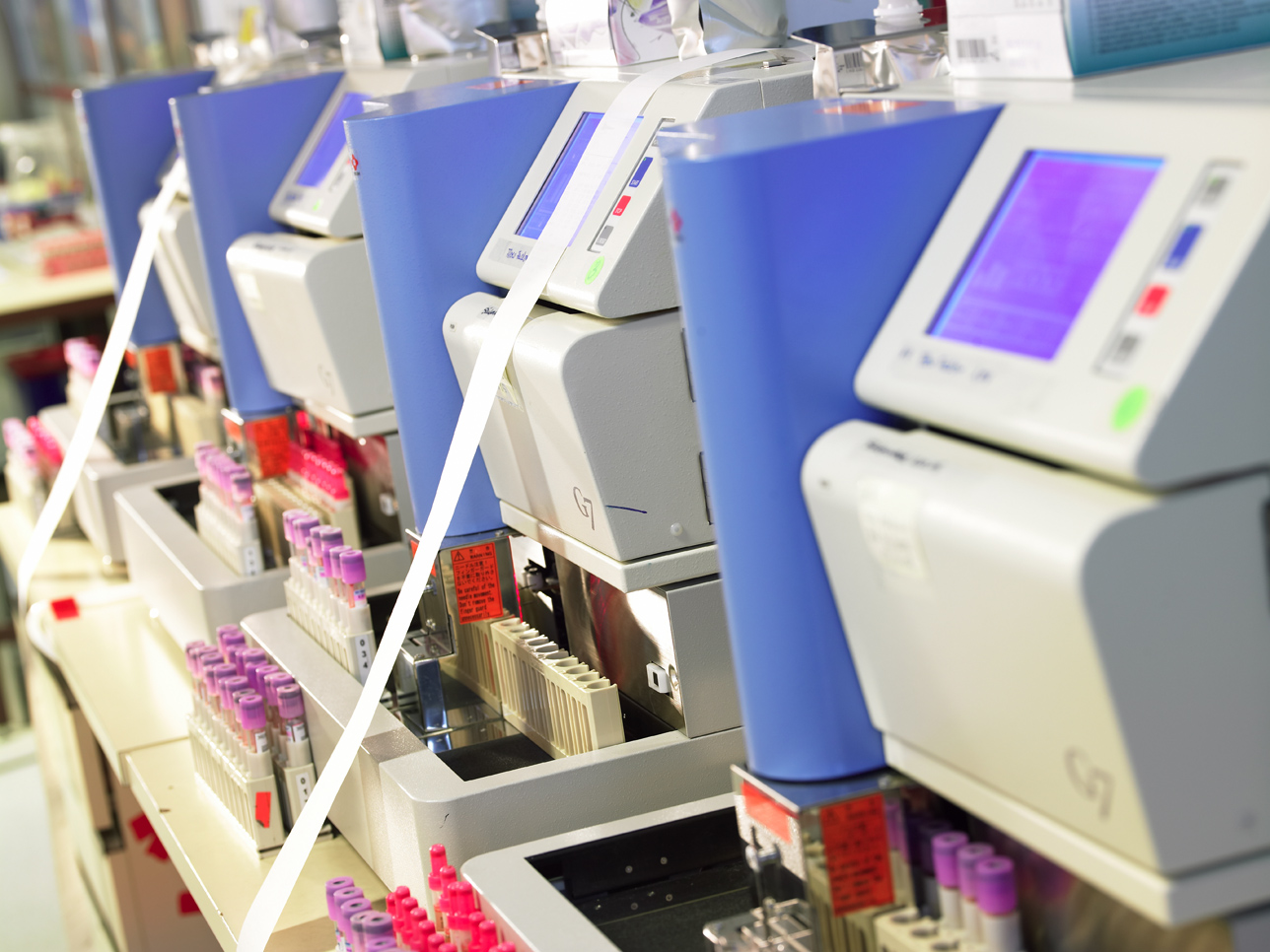“Don’t wait; Act” on early diagnosis

Since the beginning of the pandemic, routine care and health screenings for diseases such as cancer, heart disease and diabetes have been severely impacted. As Doris-Ann Williams MBE, CEO of BIVDA writes, as we ease out of lockdown restrictions and regain some sense of normality, the focus must be on getting back on track. Otherwise, thousands of undiagnosed issues will inevitably lead to a new health crisis.
In late April 2020, as the Covid-19 infection rate started to decline, the NHS gave a rallying cry to those hesitant to access medical care, emphasising that the health system was very much open for business. However, more than a year on and with waiting lists reported to be at record highs, many patients are still waiting on routine care and testing. The statistics point to a big drop in appointments and highlight that between April and July 2021 there were around 5-10 million fewer GP appointments each month, compared to the same period in 2019.
Not only were there fewer GP appointments, but many BIVDA members saw up to a 70 per cent drop in routine demand for their diagnostic products during the early stages of the pandemic. Amongst others, there has been a significant decrease in clinical areas such as anaemia, down 29 per cent, HbA1c tests for people with diabetes down 14 per cent, and PSA for prostate cancer down 17 per cent. Without these routine checks and tests, thousands of people could be living with potentially life-threatening undiagnosed diseases.
The diagnostic blackhole
Clearly there were good reasons for not attending routine appointments in the early days of lockdown. However, many of those with a long-term chronic disease missed out on valuable tests to manage their condition. Patients on certain medications also missed opportunities to check that their treatments were not affecting their overall wellbeing. Statins, for example, are a fantastic therapeutic tool but need careful monitoring to ensure they are not affecting the liver.
People with new symptoms, who might have already been concerned about their health, have been reluctant to come forward for two reasons. Firstly, they’ve been worried about the risk of infection due to coronavirus. Secondly, constant media reports about the strain on the NHS mean people continue to be hesitant to get tests done, lest they become part of the problem.
The importance of early diagnosis
So much of our healthcare is underpinned by the information from diagnostic tests. Almost everyone is familiar with the process of visiting a GP for a blood test, often to rule out a possible diagnosis, as much as to confirm the cause of your health problem. The GP can only tell so much from asking questions, taking your temperature or checking blood pressure. In fact, it’s generally accepted that about 70 per cent of the information used to make clinical decisions for a patient’s treatment comes from tests. Yet, during the pandemic, most people have either not seen a doctor, or have only had a remote consultation. Many have not had any testing done at all. This is worrying, and a shift is required to put these life-saving tests higher up the priority list for patients and healthcare providers alike.
Now is the time for the public to put previous fears to one side and seek advice, catch up on routine appointments and make sure their health hasn’t been indirectly impacted by the pandemic. Over the last year, the NHS has learned a lot about how to manage the risks from Covid-19, both in primary care settings and in hospitals. The right precautions are in place to make sure visiting your GP or the hospital is safe. Ignoring routine monitoring, even if you feel well, can cause significant problems for your health in the future. In the same way, new symptoms need investigating so that they can be treated – why suffer unnecessarily? Life-threatening conditions such as heart disease and cancer need to be found early to allow for the best chance of successful treatment.
Save money and lives
Those worried about being a burden on the NHS need not worry. Tackling diseases early actually reduces the long-term strain on our health service, as treatments are much more effective and cheaper than in later stage illness.
It’s now more important than ever to go out and get these routine health screenings done. With every passing day, patients are potentially going undiagnosed, creating longer term health impacts for themselves and putting strain on the NHS further down the line. That is why we are calling for people to go out and get their tests as part of our campaign “Don’t Wait; Act”. It’s safe, it’s sensible and it’s time to get the nation’s health back on track, minimising the long-term effects of the pandemic on our health service and the health of ourselves, family and friends.
About BIVDA
BIVDA is the national industry association for the manufacturers and distributors of IVD products in the UK.
